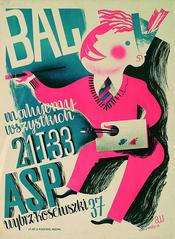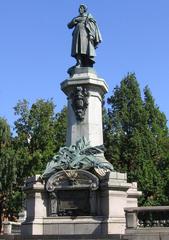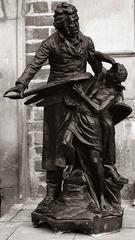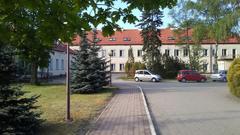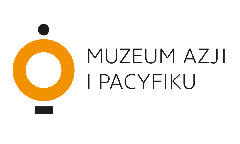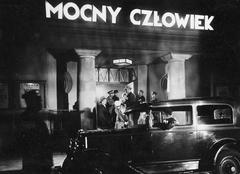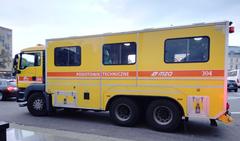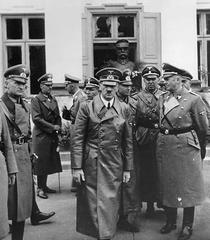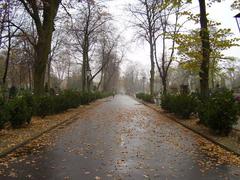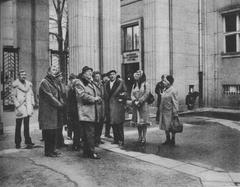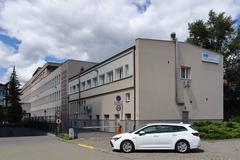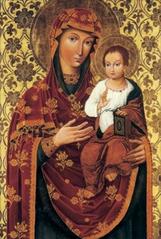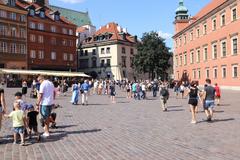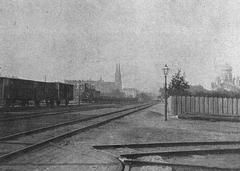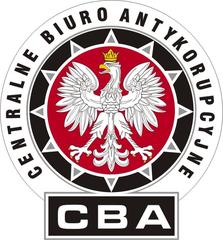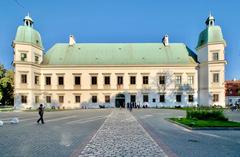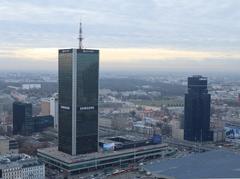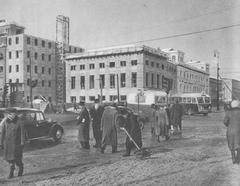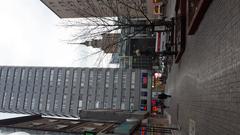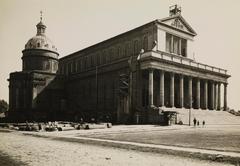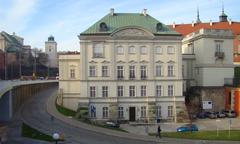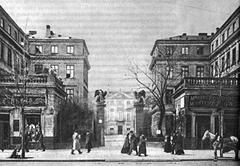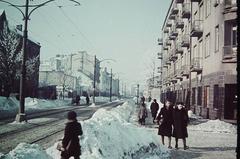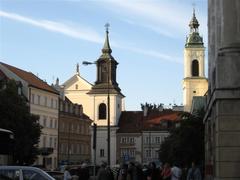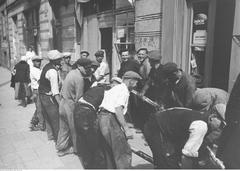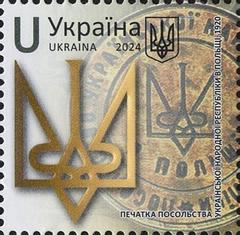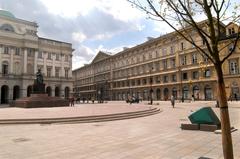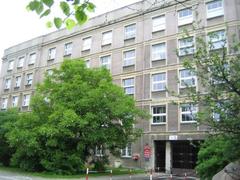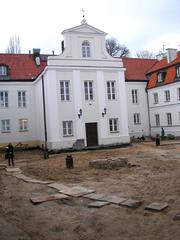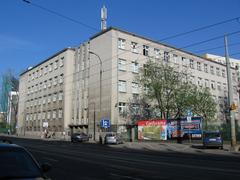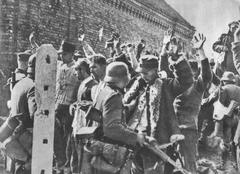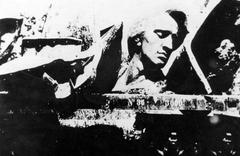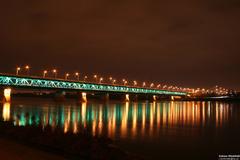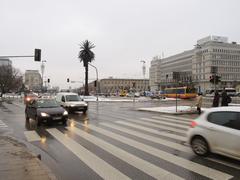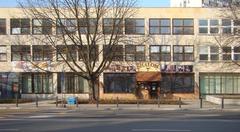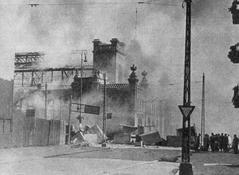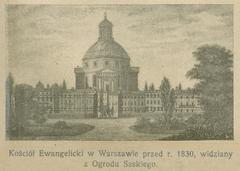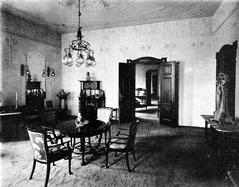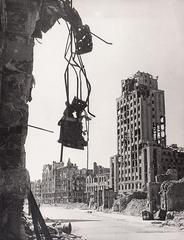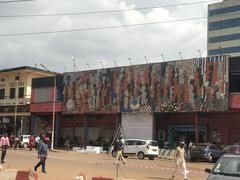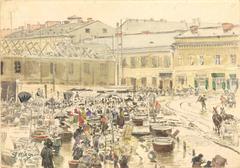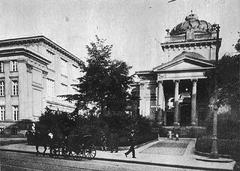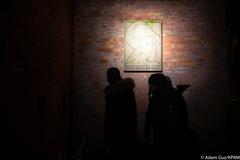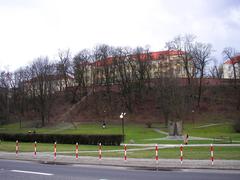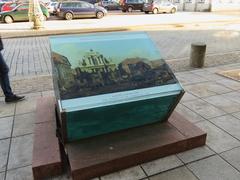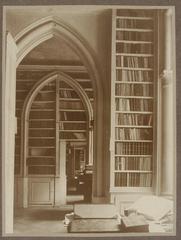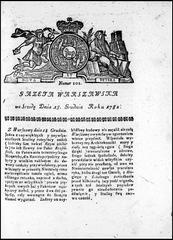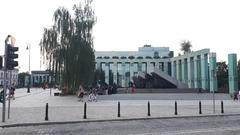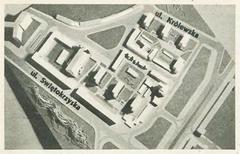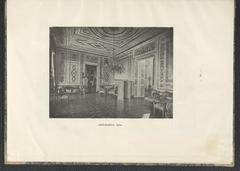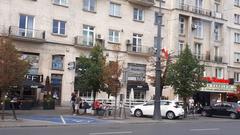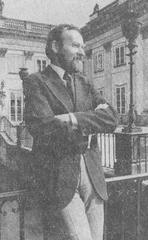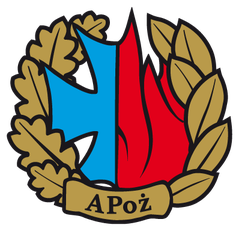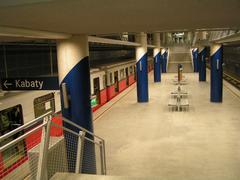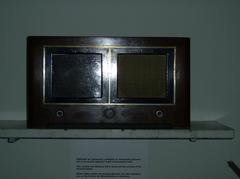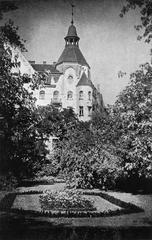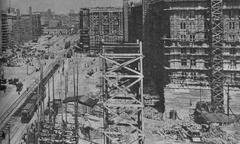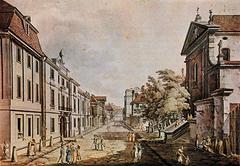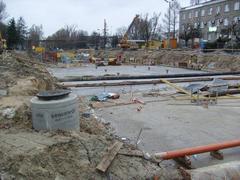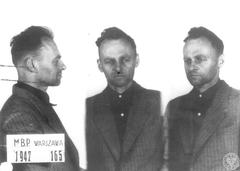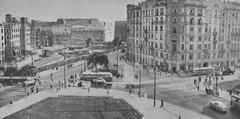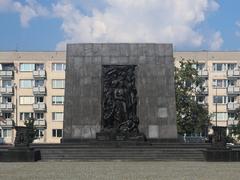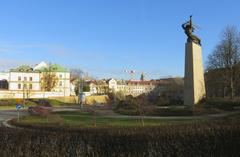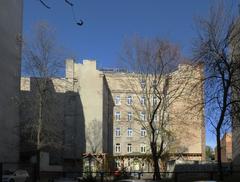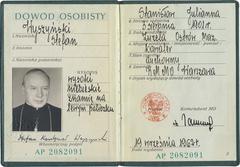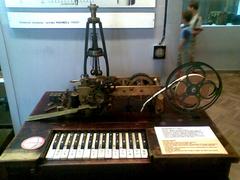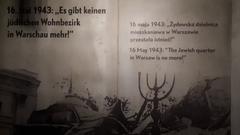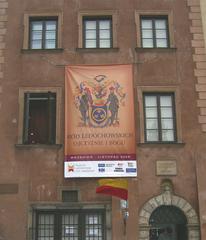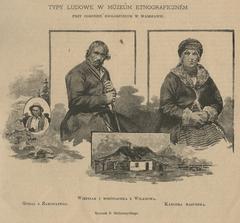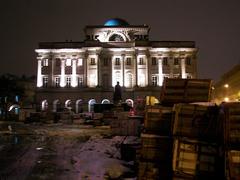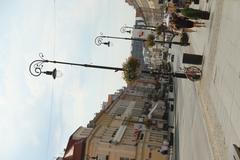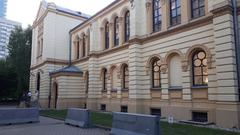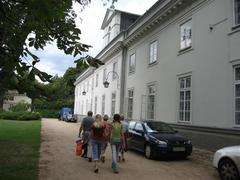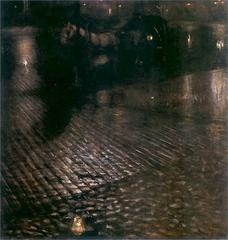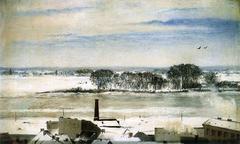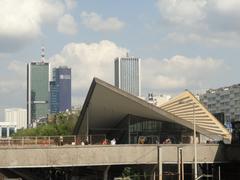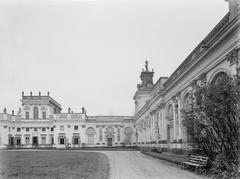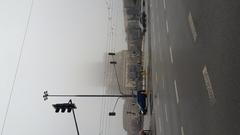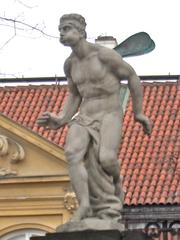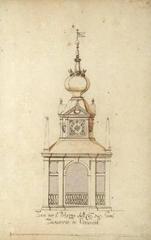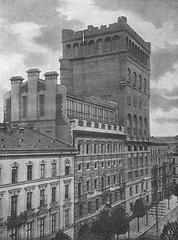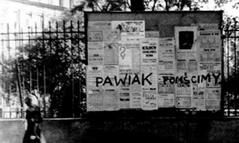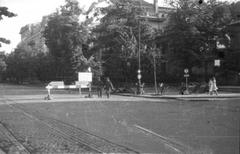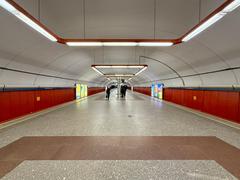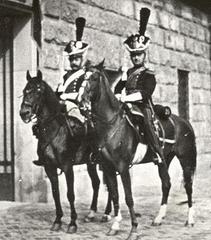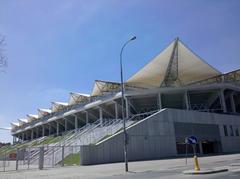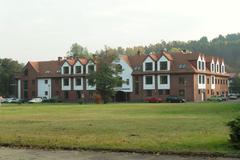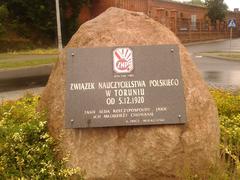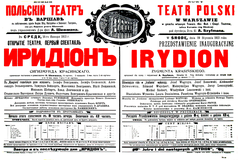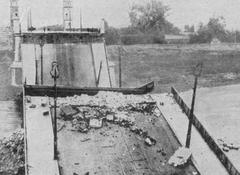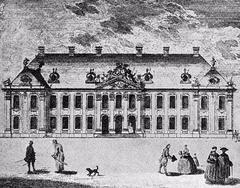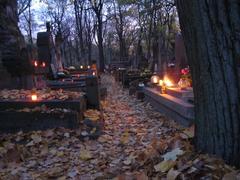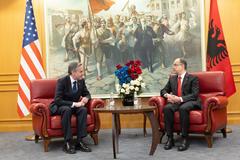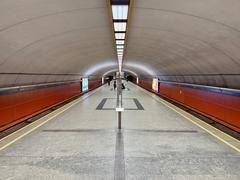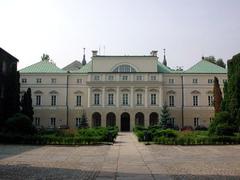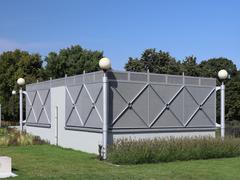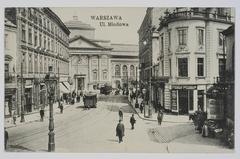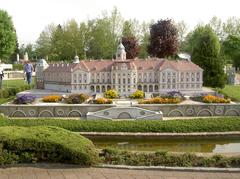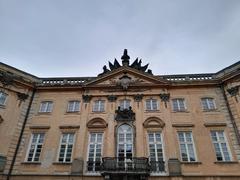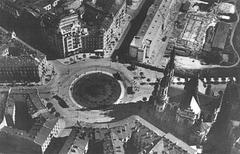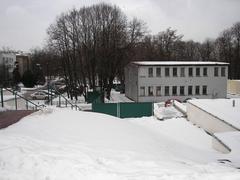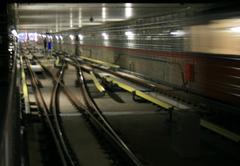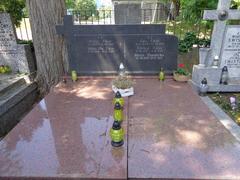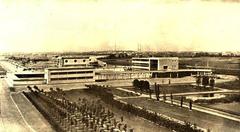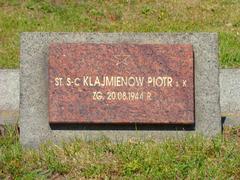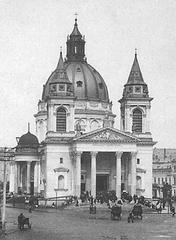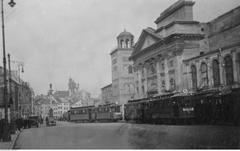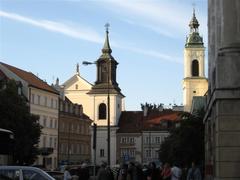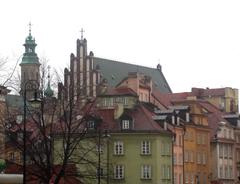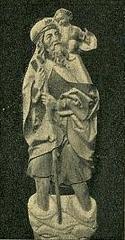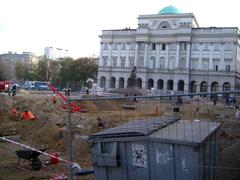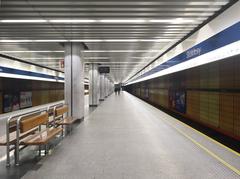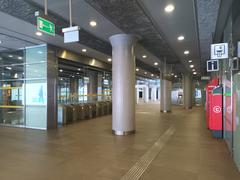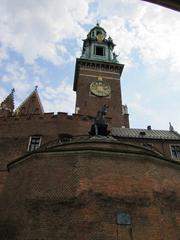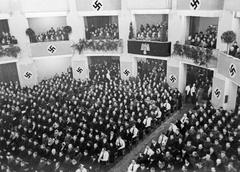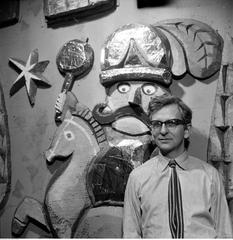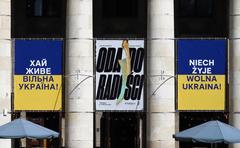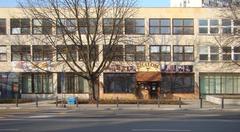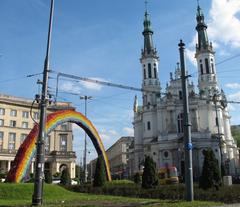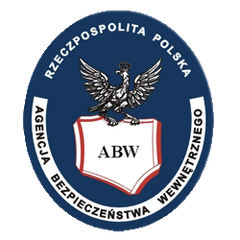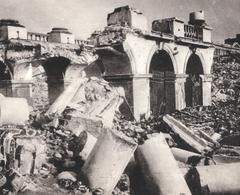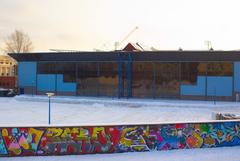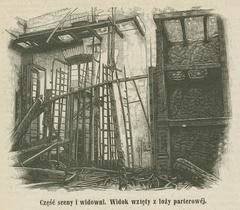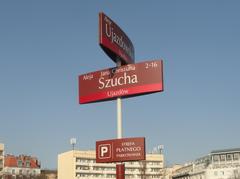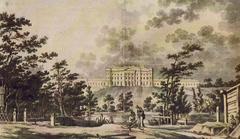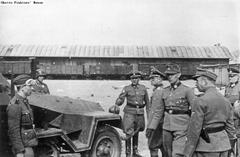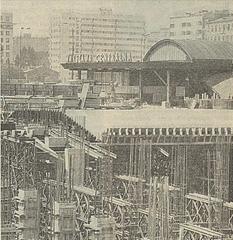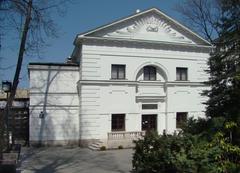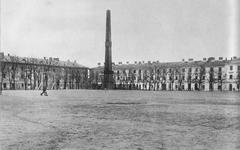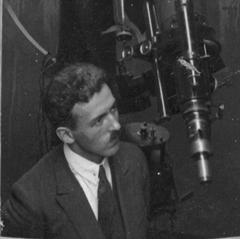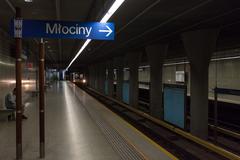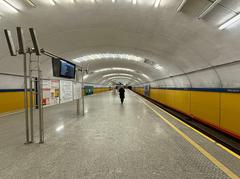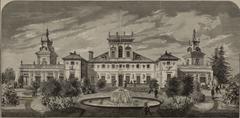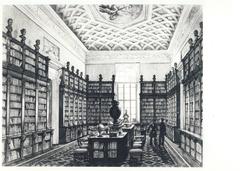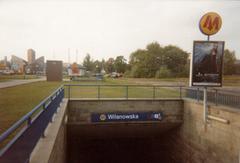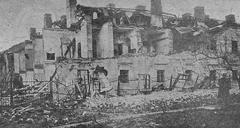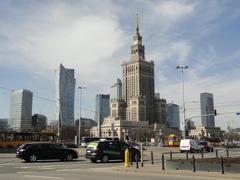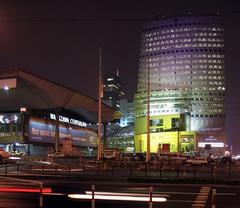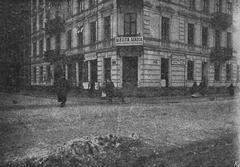Cmentarz Karaimski: Visiting Hours, Tickets, and Comprehensive Guide to Warsaw’s Historic Karaim Cemetery
Date: 03/07/2025
Introduction
Cmentarz Karaimski, located in Warsaw’s Wola district, is a singular testament to the enduring presence and cultural legacy of the Karaim community in Poland. Established in 1890, this cemetery is the only Karaim burial ground in the country and one of the few remaining active Karaim cemeteries in Europe. As a site of both religious significance and historical memory, Cmentarz Karaimski offers visitors a rare glimpse into the traditions, language, and resilience of a small but remarkable Turkic-speaking minority that practices Karaite Judaism. This in-depth guide explores the history, cultural importance, practical visitor information, etiquette, and nearby attractions associated with the cemetery, aiming to enhance your understanding and experience of this unique Warsaw landmark.
For further information, visit Kontynent Warszawa, the Karaim Religious Union in Poland, and Polskie Cmentarze.
Table of Contents
- Introduction
- The Karaims in Poland: Historical Overview
- Establishment and Features of Cmentarz Karaimski
- Karaim Community and Notable Burials
- Legal Status and Preservation Efforts
- Visiting Cmentarz Karaimski: Hours, Tickets, and Access
- Cultural and Religious Etiquette
- Nearby Attractions
- Frequently Asked Questions (FAQ)
- Summary and Call to Action
- References
The Karaims in Poland: Historical Overview
The Karaims (Karaite or Qaraites) are a Turkic-speaking ethnic and religious minority who practice Karaite Judaism, a branch that accepts only the Hebrew Bible (Tanakh) and rejects the Talmud. Their presence in the region dates back over 600 years, originating from the Crimean Peninsula and settling in the Polish-Lithuanian Commonwealth after an invitation from Grand Duke Vytautas of Lithuania in the 14th century (Kontynent Warszawa). Over time, the Karaims established communities in Trakai (Lithuania), Lutsk, Halicz, and eventually Warsaw (iz.poznan.pl).
Establishment and Features of Cmentarz Karaimski
Historical Foundation
The growing Karaim population in Warsaw during the 19th century necessitated the establishment of a dedicated burial ground. Cmentarz Karaimski was officially opened in 1890 at ul. Redutowa 34. It remains the only such cemetery in Poland and one of the few in Europe still in use (Kontynent Warszawa; findagrave.com).
Physical Layout
The cemetery spans roughly 1,000–1,122 square meters, expanded from its original 550 square meters (timenote.info). Mature trees provide shade, and the site is enclosed by a restored fence. There are about 40–100 graves, with the oldest preserved belonging to Saduk Osipowicz Kefeli (from Kaffa in Crimea), dated 1895. Gravestones typically feature inscriptions in the endangered Karaim language, making the cemetery a living archive of cultural and linguistic heritage (fakt.pl).
Karaim Community and Notable Burials
By the 20th century, the Karaim community in Warsaw was small but vibrant. The cemetery is the final resting place of several distinguished figures:
- Prof. Ananiasz Zajączkowski: Eminent turkologist, orientalist, and academic.
- Prof. Szymon Firkowicz: Expert in informatics and electronics.
- Prof. Aleksander Dubiński: Karaim scholar.
- Ananiasz Rojecki: Geophysicist.
- Rafał Abkowicz: Last Polish Karaim hazzan and founder of the Wrocław Karaim synagogue.
- Jan Pilecki: Auschwitz survivor.
- Michał Nowicki & Jerzy Łopatto: Exiles and soldiers under General Anders.
These burials underscore the intellectual and cultural impact of the Karaim minority within Poland (odeszli.pl; abiasz.com).
Legal Status and Preservation Efforts
The Karaim Religious Association has managed the cemetery since the 1930s, with its legal status reinforced by Polish law (iz.poznan.pl). Despite wartime challenges and a declining population, the community has preserved the site, which became a protected monument in 1991. Restoration efforts in 2006–2007 included new landscaping, fence renovation, and conservation of historic gravestones (karaimi.org). Ongoing upkeep is funded by donations and supported by cultural foundations.
Visiting Cmentarz Karaimski: Hours, Tickets, and Access
Location and Directions
- Address: ul. Redutowa 34, 01-103 Warsaw, Wola district (abiasz.com)
- Public Transport: Easily accessible by Warsaw’s bus and tram network. Street parking is available nearby but may be limited.
Visiting Hours
- The cemetery is generally open during daylight hours but does not have fixed public opening times. Visits on Saturdays (the Karaim Sabbath) and after sunset are discouraged.
- For guided tours or access outside typical hours, contact the Karaim Religious Union.
Tickets
- Entry is free of charge. Donations for maintenance are appreciated.
- Some special events or guided tours may have a fee—check in advance for details.
Accessibility
- The cemetery is small and mostly flat, but paths may be uneven.
- There are no restrooms or visitor centers on site.
- Accessibility for those with reduced mobility is limited; plan accordingly.
Cultural and Religious Etiquette
To honor Karaim traditions and maintain the site’s solemnity, observe these guidelines:
- Dress Code: Both men and women should cover their heads.
- Behavior: Keep noise to a minimum. Avoid phone use, loud conversations, or music.
- Timing: Avoid visits on Saturdays and after sunset.
- Grave Etiquette: Kneel at graves and use a handkerchief when touching tombstones. Do not greet or shake hands within the cemetery.
- Respect the Site: Do not remove any items. During funerals, only the relevant grave is visited.
- Photography: Always seek permission, especially during ceremonies or when mourners are present (abiasz.com).
Nearby Attractions
The cemetery is part of a cluster of religious and historical sites in Wola:
- Orthodox Cemetery (5 min walk)
- St. John Climacus’s Orthodox Church (9 min)
- St. Lawrence’s Church (10 min)
- Warsaw Insurgents Cemetery (13 min)
- Wola Massacre Memorial (20 min)
- Park Moczydło (20 min), a green space for relaxation (trek.zone)
Frequently Asked Questions (FAQ)
Q: Are there entrance fees for Cmentarz Karaimski?
A: No, entrance is free. Donations are appreciated.
Q: What are the visiting hours?
A: Visits are allowed during daylight, except on Saturdays and after sunset. Contact the Karaim Religious Union for group tours or special access.
Q: Can I book a guided tour?
A: Yes, by prior arrangement with the Karaim Religious Union.
Q: Is photography allowed?
A: Yes, but be respectful and always ask permission during events or if mourners are present.
Q: How do I get there by public transport?
A: Use Warsaw’s bus and tram lines to stops near ul. Redutowa 34.
Summary and Call to Action
Cmentarz Karaimski is a poignant symbol of the Karaim community’s resilience, faith, and cultural identity in Poland. Its well-preserved grounds, unique gravestones, and notable burials offer visitors deep insights into one of Poland’s smallest and oldest minorities. By adhering to the guidelines outlined above, you can ensure a respectful and meaningful visit, while contributing to ongoing preservation efforts.
For further details and updates, download the Audiala app for guided tours and cultural content, and consult the Karaim Religious Union website for official information. Explore more about multicultural Warsaw through Polskie Cmentarze and Kontynent Warszawa.
References
- Discovering Cmentarz Karaimski: The Historic Karaim Cemetery in Warsaw (Kontynent Warszawa)
- Cmentarz Karaimski Visiting Hours, Tickets & Guide (Abiasz)
- Cmentarz Karaimski (Karaite Cemetery) in Warsaw: Visiting Hours, Tickets, and Cultural Guide (Polskie Cmentarze)
- Karaim Indigenous Community Religious Practices (Native Tribe Info)
- Research on the Karaim Community and Cemetery Preservation (Iz.poznan.pl)
- Cmentarz Karaimski Warsaw Details (Karaimi.org)
- Warsaw Historical Sites and Cultural Heritage (Trek.zone)
Experience Cmentarz Karaimski and be part of Warsaw’s multicultural story. For guided visits and the latest news, download the Audiala app and follow our channels.
